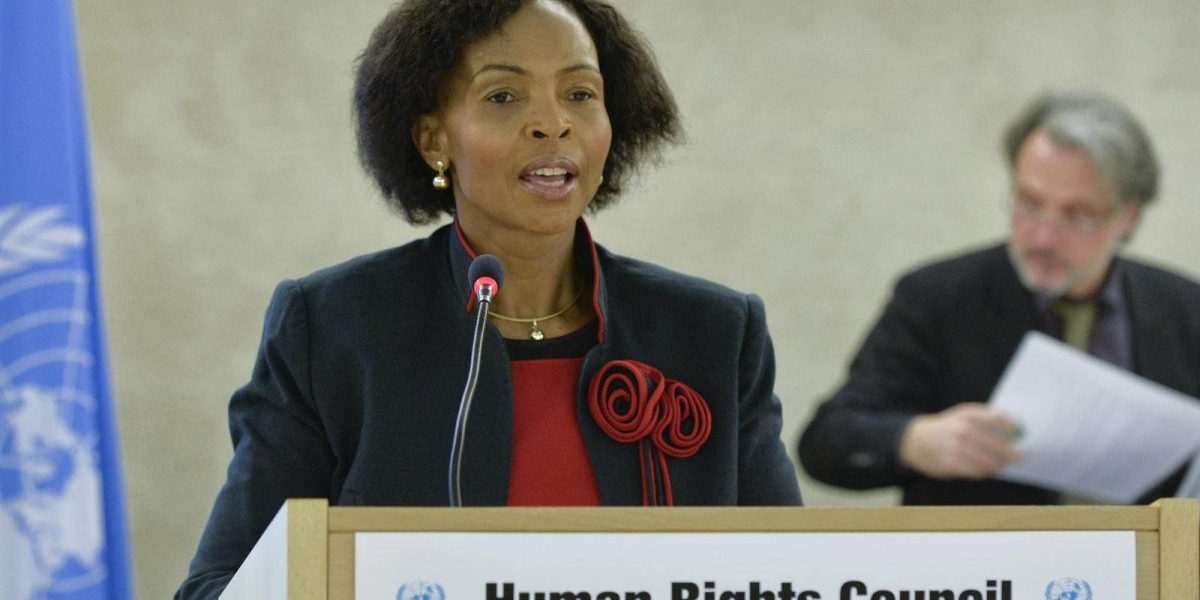The panel, which reviewed the state of governance in SA and produced a report, which was made public in October last year and is now accessible to the public on the APRM secretariat’s website, noted that “despite the solidarity and comradeship between black South Africans and the rest of the people of sub-Saharan Africa during the decades of struggle against apartheid and for liberation, foreigners, mostly of African descent, are being subjected to brutality and detention. Xenophobia against other Africans is currently on the rise.”
Less than a year after the government’s rejection of these accusations of xenophobia, refugees in the Central Methodist Church in downtown Johannesburg were subjected to the kind of brutality that the APRM panel had singled out.
Reacting to complaints and “ongoing concerns” over criminality on the streets bordering the church, the police stormed into the church building on January 30 and arrested 500 refugees. The police actions were described as “dehumanis(ing)” by Bishop Paul Verryn of the Central Methodist Church.
Verryn challenged police claims that the raid was a success, given the number of criminals arrested. He said he was aware of only two individuals being charged with possession of stolen goods, and only because they were not carrying electronic receipts proving they had purchased the goods.
So let us examine the “success” of the police raid. For starters, the police were in violation of national and international regulations pertaining to the rights of (illegal) immigrants, refugees and asylum seekers.
Article 3(e) of the Immigration Act No13 of 2002 notes that upon an inspection, an immigration officer may “request anyone in the republic, who is reasonably suspected of being an illegal foreigner, to identify himself or herself as a citizen or resident, or to produce a permit to be in the republic”.
Yet, the fact that asylum seekers with valid permits were also arrested proves that the correct procedure was not followed.
Article 33(7) of the act stipulates that searches should be conducted with “strict regard to decency and order, including a person’s right to … his or her dignity”. Witnesses confirm that this stipulation was ignored.
Despite this, police spokesman Capt Bheki Mavundla argued that “we had to act on the complaints we received, and the raid proved to be a success”.
Are we missing a point here? What was successful? An assault on the dignity of women, children and the disabled? Or the breach of basic human rights?
This action of the police is really nothing new. Complaints of brutality from immigrants in SA, both legal and illegal, have been forthcoming for several years. And to think that such actions by officialdom take place in a country that not long ago saw its own nationals seek refuge in the home countries of those immigrants it is discriminating against is simply appalling.
Some observers explain away the high levels of xenophobia in SA, especially towards dark-skinned immigrants with African accents, by pointing out that immigrants are competing with poor South Africans for the same resources and jobs. And reference is often made to the involvement of foreigners, mostly from Zimbabwe, Mozambique and Nigeria, in organised crime.
But does the exception make the rule? And what is the role of national institutions in demystifying such perceptions?
I recently had a discussion with a policeman who asserted that black people from other countries in Africa were a source of trouble.
His sentiment was reinforced by a police report in December last year claiming that 6000 foreigners were sitting in South African jails. Yet, the report failed to account for the complicity of South Africans in criminal networks and the level of criminality and corruption in police ranks.
What is most unfortunate is that such statistics fail to account for the number of foreigners, and indeed many black Africans, who contribute positively to the South African economy. The result is a one-sided and narrow perspective on immigrants of African origin.
One South African novelist who saw behind the stereotypes was the late Phaswane Mpe, who noted in his novel, Welcome to Our Hillbrow: “Many of the Makwerekwere you accuse of this (crime and taking what belongs to South Africans) … are no different to us – sojourners, here in search of green pastures. They are lecturers and students of Wits, Rand Afrikaans University and technikons around Jo’burg; professionals taking up posts that locals are hardly qualified to fill. A number of them can be found selling fruit and vegetables in the streets, along with many locals – so how can they take our jobs?”
Mpe did well to point out what many in SA conveniently overlook. Much more needs to be done to bring down the levels of xenophobia and to make South Africans, especially the poor, understand that immigrants must also be protected from inhuman treatment.
SA has laws in place to protect its citizens from unfair and cheap foreign competition. So, instead of being in denial about xenophobia, our government should act to demystify perceptions that fellow black Africans come here to take our jobs. Furthermore, it should take measures to punish xenophobic actions and statements committed by its officials.
A country that is hosting the Soccer World Cup in 2010 in the name of Africa should know better than to segregate and assault fellow black Africans.








